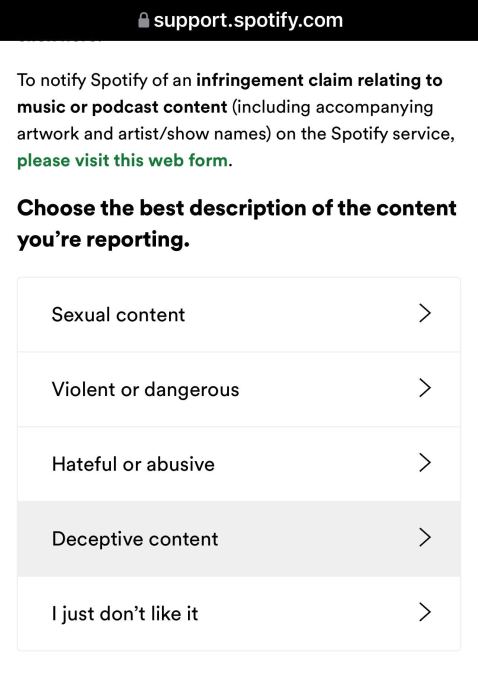News: AI-driven voice assistant PolyAI raises $14M round led by Khosla Ventures
“Conversational AI” startup PolyAI, based out of London, has raised $14 million in a funding round led by Silicon Valley’s Khosla Ventures, with participation from existing investors (Point72 Ventures, Amadeus Capital, Sands Capital Ventures, Passion Capital and Entrepreneur First). This follows their $12m Series A, and will provide resources for further US expansion beyond its
“Conversational AI” startup PolyAI, based out of London, has raised $14 million in a funding round led by Silicon Valley’s Khosla Ventures, with participation from existing investors (Point72 Ventures, Amadeus Capital, Sands Capital Ventures, Passion Capital and Entrepreneur First). This follows their $12m Series A, and will provide resources for further US expansion beyond its existing US team. The startup has now raised $28m to date.
PolyAI builds and deploys voice assistants for automating customer services, which, claims the startup, sound like real humans. This helps companies get an infinite and cheaper supply of their best human voice operators, which reduces customer waiting times, and increases customer satisfaction and retention, says the company.
Co-founder Dr Nikola Mrkšić said: “The technical term for our technology is ‘multi-turn conversational AI’, but all the caller has to do is talk to it, like they would to a human. Compared to existing call centers, our assistants can boost customer satisfaction (CSAT) scores by up to 40% and reduce handling times by up to five minutes.”
“We build these systems very quickly (relative to the competition) — we get experiences like these up and running in 2-4 weeks thanks to our transformer-based language understanding models and the underlying dialog management platform,” he added.
In a statement, Vinod Khosla said: “PolyAI is one of the first AI companies using the newest generation of large pre-trained deep learning models (akin to BERT and GPT-3) in a real-world enterprise product. This means they can deploy automated AI agents in as little as two weeks, where incumbent providers of voice assistants would take up to six months to deploy an older version of this technology.”
A spinout from the University of Cambridge, PolyAI says it is is effectively ’pushing at an open door’ as the pandemic has led to staffing shortages in call centers, driving more companies to deploy smart voice assistants, which appear not to have been replaced chatbots at all, as consumer generally prefer to speak than type.
“We were expecting the system to handle 40% of calls, but at launch it handled 80%, and within two weeks it was up to 87%,” said Brian Jeppesen of Landry’s Golden Nugget Hotels & Casinos. “Callers think the AI agent is human”, Jeppesen continued, “which is great because the voice assistant never has a bad day, and is on 24/7. I wish I could hire more agents like that!”
Competitors include Nuance (recently acquired by Microsoft), IPSoft, Interactions, SmartAction, and Replicant. But PolyAI says its voice assistant can be turned live more quickly, in more languages, and charges on a per-minute basis.
Founded by Nikola Mrkšić (CEO), Tsung-Hsien Wen (CTO), Pei-Hao Su (Engineering Director), the three met while doing PhDs with Professor Steve Young, a leader in spoken dialog systems who pioneered many technologies that underpin voice assistants like Siri, Google Assistant, and Alexa.
Recent PolyAI clients include Landry’s Entertainment, Greene King, Starling Bank, and Viasat.





 So many curators and artists are suffering because of constant, groundless playlist reports on
So many curators and artists are suffering because of constant, groundless playlist reports on 

